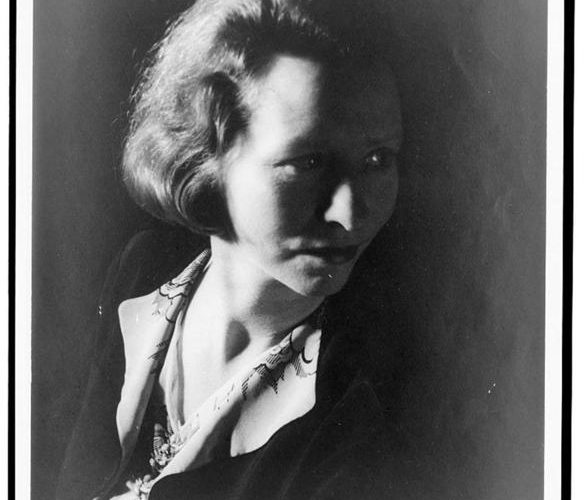Nearly a century ago, Edna St. Vincent Millay was a literary superstar. She won a Pulitzer Prize for her poetry in 1923. A feminist and free spirit well ahead of her time, she was courted by smitten bohemians of both sexes. Famous for her love sonnets, she also wrote an influential antiwar play and the libretto to a popular opera. Full of wit and audacity, she epitomized the Jazz Age.
Millay grew up mostly in Camden, Maine, but she spent a critical part of her childhood in homes in Newburyport and on Rings Island in Salisbury. This year’s Newburyport Literary Festival, the 11th, will honor the poet with several showcase events.
The festival begins on Friday, April 29, with George Mitchell, the former Maine senator, who will discuss his recent memoir The Negotiator. Other schedule highlights include two authors with ties to the late J.D. Salinger: Joyce Maynard and Joanna Rakoff; a panel discussion marking World Shakespeare Month and the 400th anniversary of the death of the Bard; and a conversation between two award-winning writers, Elizabeth Strout and festival mainstay Andre Dubus III of Newbury, who will address the topic “Why Fiction Matters.”
On Friday night at the Firehouse Center for the Arts, poet and biographer Daniel Mark Epstein will discuss the life and legacy of Millay. He is the author of the critical biography What Lips My Lips Have Kissed: The Loves and Love Poems of Edna St. Vincent Millay (2001).
Though Millay’s time in Massachusetts was relatively brief – she and her sisters lived with various friends and relatives while their single mother established a career – it was undoubtedly significant to her sense of independence, says Epstein.
Amesbury native Alfred Nicol, who has been an integral part of the Powow River Poets coalition and reading series for years, lived for a time on Lime Street, near Millay’s childhood home.
“Her fame has kind of faded, but not among the New Formalists,” he said at the Boston Public Library after a recent reading. Like other New Formalists, the Powow River Poets work with classic notions of meter and rhyme. Millay and her contemporary, Robert Frost, “are heroes to us,” he said.
Nicol, who will take part in the annual Breakfast with the Poets gathering on Saturday morning, April 30, noted that unlike some of the more challenging examples of modern poetry’s free verse, Millay’s style remains immediately accessible to a general reader.
“You wouldn’t have to have a critic tell you why it’s a good poem,” he said. “It’s for the common person. And maybe the common person is exactly right.”
Excerpt of story from The Boston Globe http://www.bostonglobe.com/metro/regionals/north/2016/04/22/loving-tribute-edna-vincent-millay/m6iw6tsJE51sTH7yMtAH2K/story.html?event=event25

